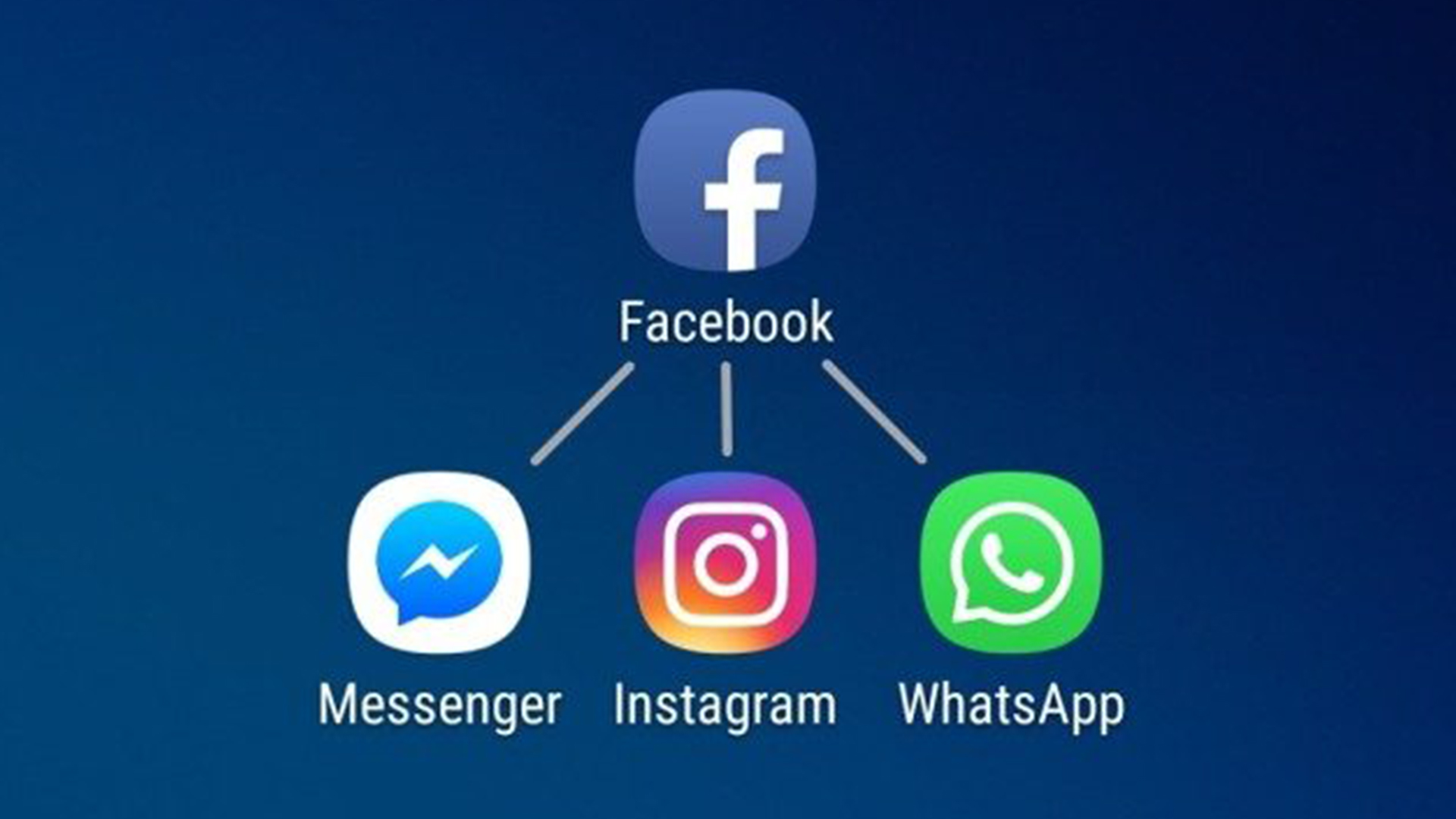
At Apple’s Worldwide Developers’ Conference this past Monday, as well as the usual list of upgrades coming in areas like augmented reality software and animojis, the technology giant announced a radical and innovative update to its flagship browser Safari – one that will cause major problems for groups such as digital marketers and data brokers.
What changes are coming to Safari?
In the next version of Safari, when any website tries to access not just your cookies but any other data that browsers might otherwise provide, you’ll be explicitly prompted by your browser and will get the choice of whether to allow it to happen. This data is crucial for marketers and provides the information that allows ad types like remarketing to take place.
Apple’s Senior VP of Software Engineering, Craig Federighi, explained that the company wants to put an end to these data collection practises, and by introducing this new set of tools – “Intelligent Tracking Prevention 2.0,” as Apple is calling it – they are making a commitment to the privacy of their users.
What else was announced?
Apple will also crack down on “fingerprinting” – the process where marketers use information about individual devices accessible through their browser to assign them a trackable ID. Through fingerprinting, marketers can gather data about the configuration of any device, which fonts are installed, and which plug-ins are running. With the update to iOS 12 and Mojave, Safari will only be providing generic default information and nothing personalised, meaning that no tracking will be able to take place as the millions of iPhone, iPad and MacBook owners using Safari will be completely indistinguishable from each other.
How will marketers and users be affected?
Overall, this update has significantly expanded the degree to which Safari can block and warn its users about, and along with previous updates that Safari that targeted auto-playing videos and ads, it’s clear that Apple wants to put an end to the way that companies like Facebook are treating their users. In their keynote on the new features, Federighi even used an example popup reading “Do you want to allow ‘facebook.com’ to use cookies and website data while browsing ‘blabbermouth.net’?” to demonstrate how the new Safari will work – a clear nod to the main target of these updates.
For internet users who are most concerned with privacy, this change is a clear sign that it could be the right time to make the switch to Safari. For marketers, it’s still unclear how this will play out, but it’s very likely that most will be waiting to see how the digital marketing giants, like those at Facebook, respond before taking any action in response to the browser changes.
To read more of our blog posts about SEO and content strategies, take a look at our Pure SEO blog. For a quick chat with one of our Digital Marketing Consultants, give us a call or complete our contact form.
















